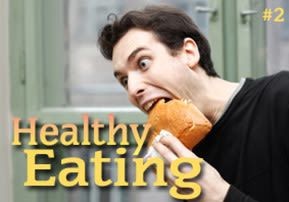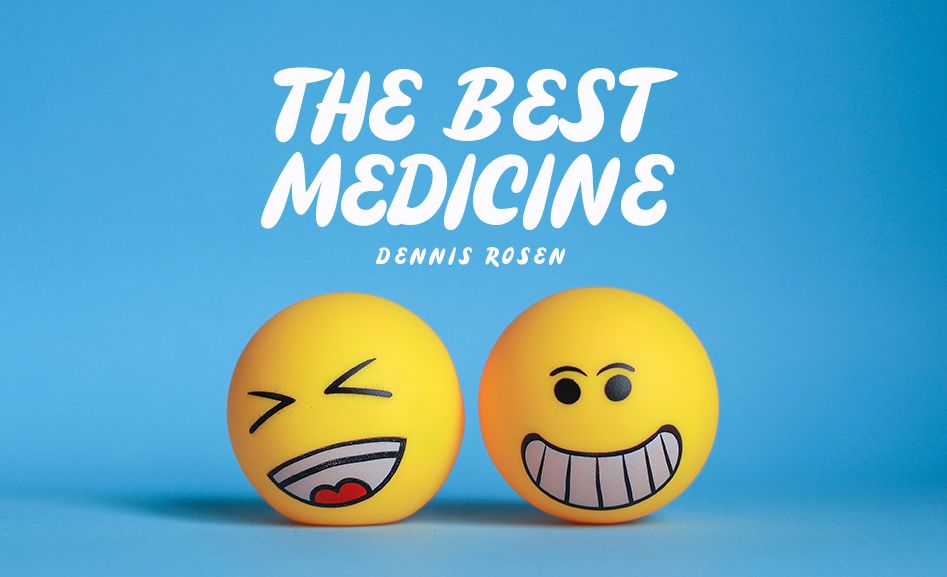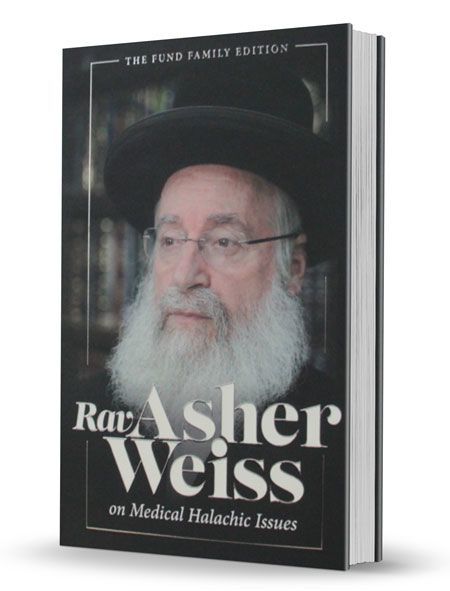
Healthy Eating Part 2
So folks don’t want to hear about real living: don’t want to hear – they want their beer and pizza and they don’t care about the consequences…

Healthy Eating, Part 2
The Yetzer’s a liar who’s out to destroy your body and soul. The extra calories you derive from snacks and fast foods make you fat and cause you cardiovascular issues. The smoked and processed foods are carcinogenic and void of useful nutrients. The diet beverages fill your brain with aspartame and attack your joints. The Yetzer – in adding fuel to your lust for eating – is out to kill you. A dead person can’t serve Hashem.
At this point, some people will be turning off. They don’t want to hear – they want their beer and pizza and they don’t care about the consequences. Such people live in spiritual darkness. A person that says “leave me alone and let me enjoy what I want” is either miserable already or own the road to misery. Their enchiladas and hot tamales in the deep-fried oxidized oil take them all the way to Chrones disease, living on anti-inflammatory drugs, and spending an arm and a leg on doctors. If they’d listen to me, I’d tell them to eat more whole grains, vegetables and fruits, water and yogurt. I’d advise them to strictly avoid alcohol, spicy foods, deep fried and oily foods, and all canned foods, processed foods, and bleached flour and white sugar. You don’t need meat protein if you eat legumes, so you can restrict meat and poultry to Shabbat, holidays, and festive occasions. Such a natural diet is not only good for Chrones, but it’s good for reducing blood pressure, losing weight, overcoming arthritis, and even overcoming the nasty big C, as many people have testified. Healthy eating can help a person beat the rap of almost any disease, and that’s a promise from the Rambam.
Ok, so let’s answer the Yetzer’s claim of “VeSavata”, that we have to fill our faces before we say Birkat Hamazon, the grace after meals. The Yetzer complains to Hashem for showing favoritism toward the Jews. Hashem says, “Why shouldn’t I show them favoritism? I require them to say grace after meals only when they’re satiated, and yet they say grace after meals even when they eat something the size of an olive or an egg!”
There’s a play on words here: The Hebrew expression Yissa Panim means both favoritism and a shining of The Divine Countenance. Our bodies need much less than what we give them. So, when we feed our bodies according to their true needs, which basically means to fulfill its task as a sturdy vessel for the soul, and when we avoid eating according to our own lusts, then Hashem shines His Countenance upon us. The Divine Countenance is the light of truth, the illumination of abundance, and gratification in any sense of the word. So, by eating healthily and sparingly – avoiding appetite-pleasers and junk food – we invoke a wellspring of material and spiritual blessings upon ourselves.
King Solomon, the wisest of all men, says in Proverbs 13:25, “A righteous man eats for the satiation of his soul but the stomach of the wicked is always lacking.” This statement is deeper than the ocean floor. Our sages ask, “What does it mean that a righteous person eats for the satiation of the soul? How can the soul be satiated from food? What did King Solomon mean by that?”
If we open up the classic “Reishit Chochma,” the landmark manual of Divine service written over 400 years ago by Rabbi Eliahu Vidash who was an understudy of the great Kabbalist Rabbi Moshe Cordovero from Tzfat, gives two explanations: First, that a tzaddik eats for the sake of serving Hashem, and for no other reason. Second, a tzaddik eats in a holy manner – he washes and says grace before a meal, conducts himself in holiness during the meal, while eating slowly and sparingly and learning Torah at the table. This also satiates the soul. We can now understand how the Gemara says that when there’s no Bet Hamikdash to atone for our sins, one’s dining table serves as a holy altar to atone for his or her sins. The type of table that atones for our sins is the type of table that the Reishit Chochma describes in Chapter 16 of “Shaar HaKedusha,” that deals with eating in holiness. Our sages that deal with the subject of eating – particularly the Rambam, the Reishit Chochma, and Rebbe Nachman – make no differentiation between healthy eating and holy eating. They are totally synonymous.
King Solomon said that the stomach of the wicked is always lacking. The Torah gives us a clear illustration of that. Even as a young man, the wicked Esau comes home from a day of murder, thievery, and stealing another man’s wife. Our forefather Jacob had just finished preparing a dish or red lentels. Esau sells his birthright for the food, and tells Jacob to pour the food down his throat like the way you’d feed a hungry camel.
We should never eat out of lust, never pounce on the food, and never gulp it down. Rabbi Shalom Arush says we should not only eat for the purpose of serving Hashem, our very act of eating should be Divine service in itself.
The Holy Shl’a, 17th Century scholar and Kabbalist Rabbi Shepsel Halevi Horowitz quotes the Torah from Chumash Devorim, chapter 8, verse 3 which says, “A man shall not live on bread alone, but on every utterance of Hashem shall a man live.” What does the Torah mean? Is their vitamin B12 and Omega 6 in Hashem’s holy words? He explains that many philosophers have searched to discover how the soul is attached to the body. The Jews know that food makes this connection, but the philosophers can’t understand how a physical substance – food – can connect a spiritual substance, namely the soul, to the body. What they don’t understand is that foodstuffs also have a spiritual dimension to them.”
To be continued.














Tell us what you think!
Thank you for your comment!
It will be published after approval by the Editor.